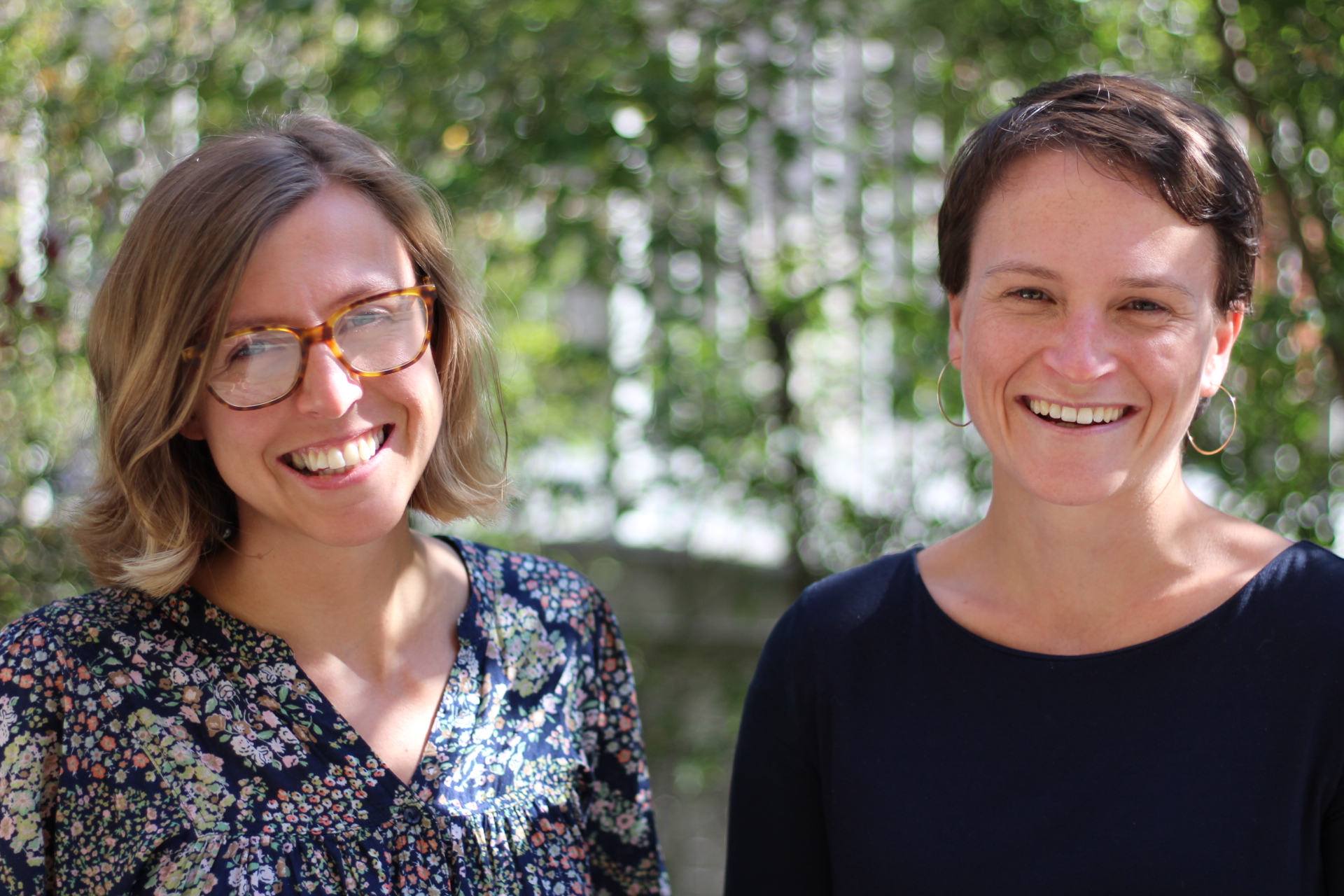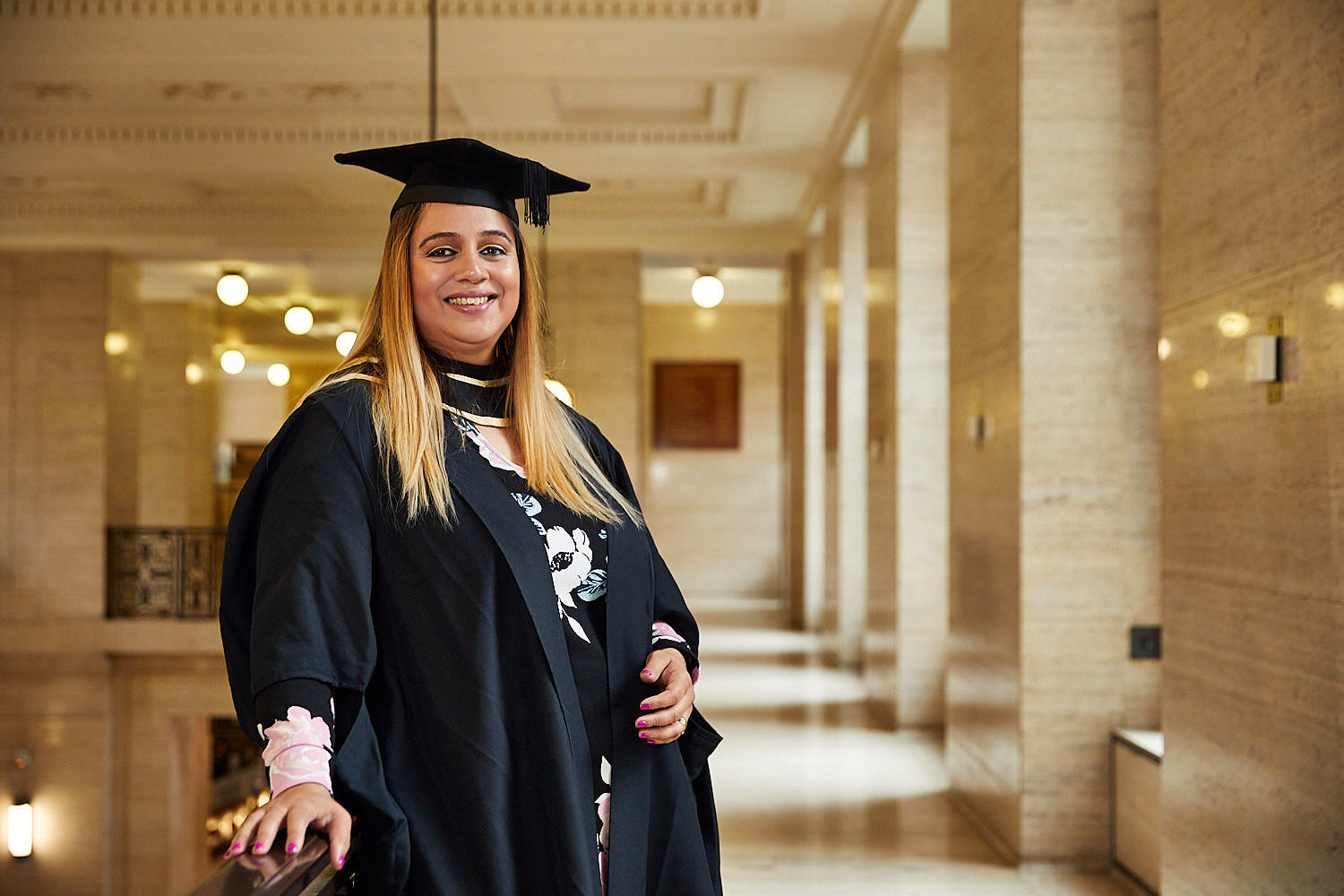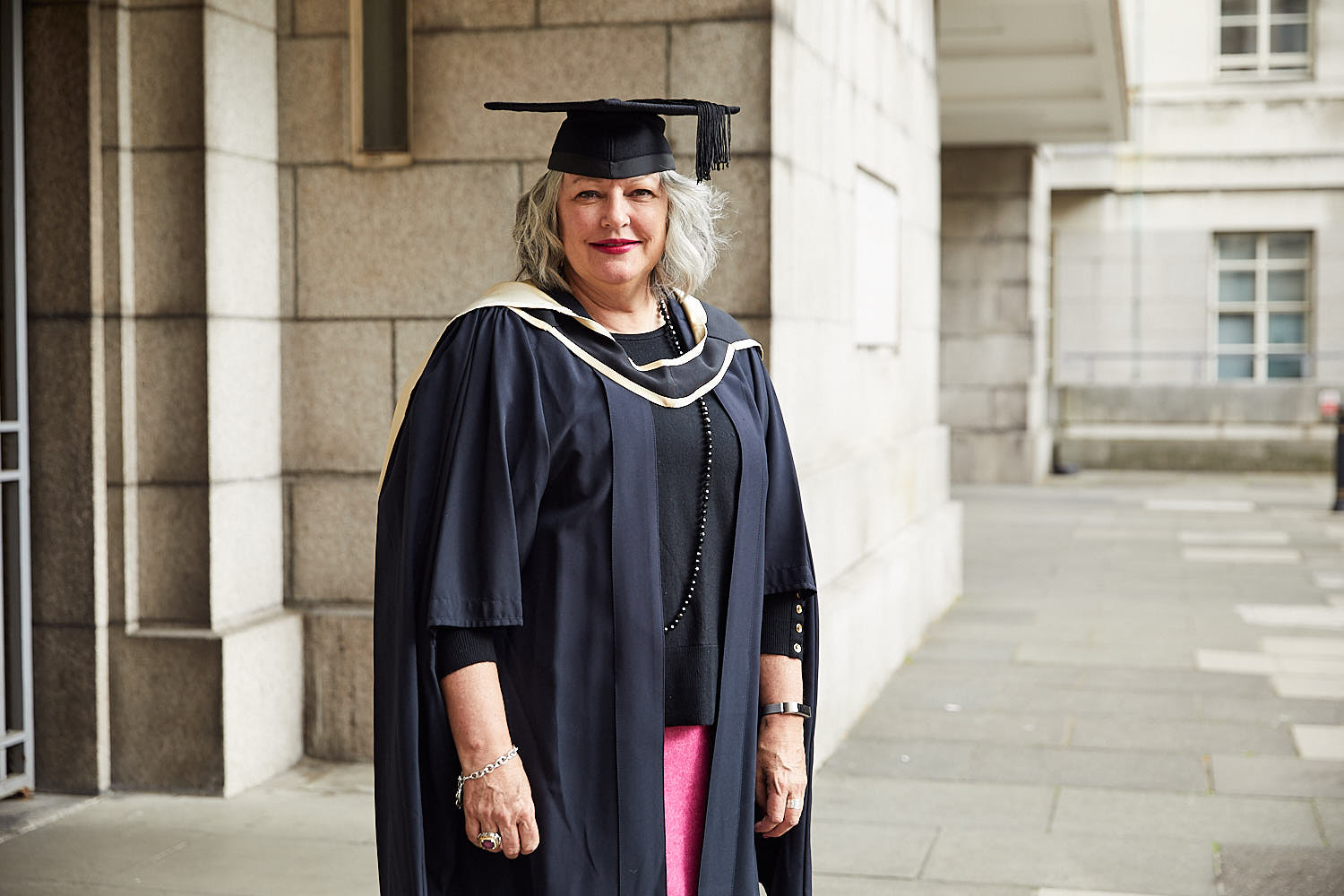This article was contributed by Bryony Merritt, Communications Manager and Astrea member.

Speakers Hester Gartrell and Camilla Mount
On Tuesday 27 August, Dr Camilla Mount (Head of Access) and Hester Gartrell (Senior Access Officer) from Birkbeck’s (relatively) new Access and Engagement Directorate delivered an insightful and thought-provoking session to Astrea members on how to raise your professional profile alongside developing your work.
The group were first asked to have a go at defining profile-raising, with everyone in agreement that it is – or should be: “Promoting your knowledge, expertise and experience to better serve how you would like to be perceived and to enable your professional ambitions.” The second part of this – ‘enabling your professional ambitions’ is a part that I had probably overlooked in my own thoughts around profile-raising and it was useful to consider how part of the process should be about setting boundaries with colleagues so that you don’t inadvertently end up becoming a ‘yes woman’ and over-stretching yourself, leaving no time for your own development.
Both presenters spoke of the challenges they’d faced in developing and raising their own profile. In Milly’s case this was returning from a year’s maternity leave to a brand new role in a brand new team and the steps she took to ensure that she was able to quickly re-establish the relationships she had built before going on leave, ensure people understood her new role, raise her own confidence in her expertise, as well as ensuring that the ‘working parent’ facet of her identity was incorporated into how she presented herself professionally.
Hester spoke about the practical challenges of working at the Stratford campus, where she is physically distant from many colleagues, as well as the political challenges that are involved with raising the profile of her work in Stratford across the Bloomsbury campus. She spoke of how she was able to identify elements of her own identity which helped her to build connections at a local level in Stratford. These included family connections to the area which she foregrounded in describing her local links, to build a profile that went beyond her identity as a Birkbeck staff member. Another element both presenters highlighted was that profile-raising needs to be considered as an internal aim, as well as externally. Hester described how she was aware that some people within the College had negative perceptions about the Stratford campus and that to counter this her attitude would be one of ‘relentless enthusiasm’, both internally and externally. Having worked with Hester on some of her projects I can say this approach seems to have paid off, and that I have noticed a real ‘buzz’ around Stratford work again since she took up post. Tools for internal profile-raising that have proved useful for Milly and Hester include social media, networking events and staff networks (like Astrea!) and informational interviews (taking someone for a coffee to gain a better understanding of what they do and ensuring they understand how you could work together to the benefit of both parties).
Ultimately, successful profile-raising will not just bring you or your team recognition. It will also help you to get buy-in for your projects from senior management or external partners, enable you to tap into other people’s expertise and to build up your own. Approached strategically and with a clear objective, profile-raising will help you to get where you want to be in your career.
Thanks to Hester and Milly for such an inspiring and motivating session!
Find out more about Astrea, Birkbeck’s network for women working in professional service roles.

 For most Birkbeck graduates, receiving their degree represents the culmination of many months or years of hard work.
For most Birkbeck graduates, receiving their degree represents the culmination of many months or years of hard work. After 15 years spent raising her six children, Rudo Supple felt ready for a new challenge. Having studied Economics and Japanese as an undergraduate, Rudo couldn’t shake the feeling that maybe she’d made the wrong choice about what to study at A-level, and decided to look into going back to university to study science.
After 15 years spent raising her six children, Rudo Supple felt ready for a new challenge. Having studied Economics and Japanese as an undergraduate, Rudo couldn’t shake the feeling that maybe she’d made the wrong choice about what to study at A-level, and decided to look into going back to university to study science.